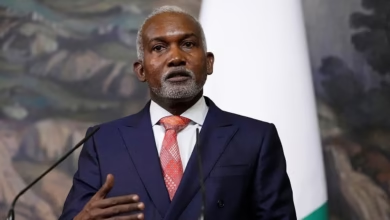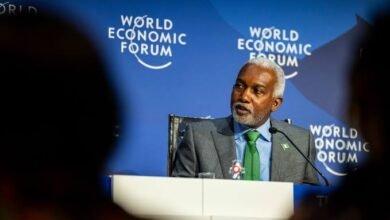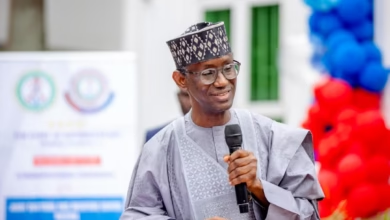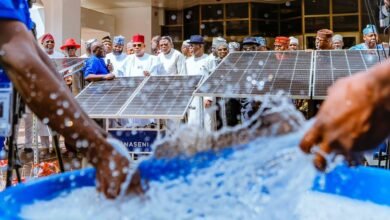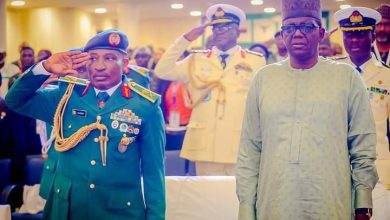Opinion
Matawalle and the Case for Africa’s Tech-Driven Defence Future
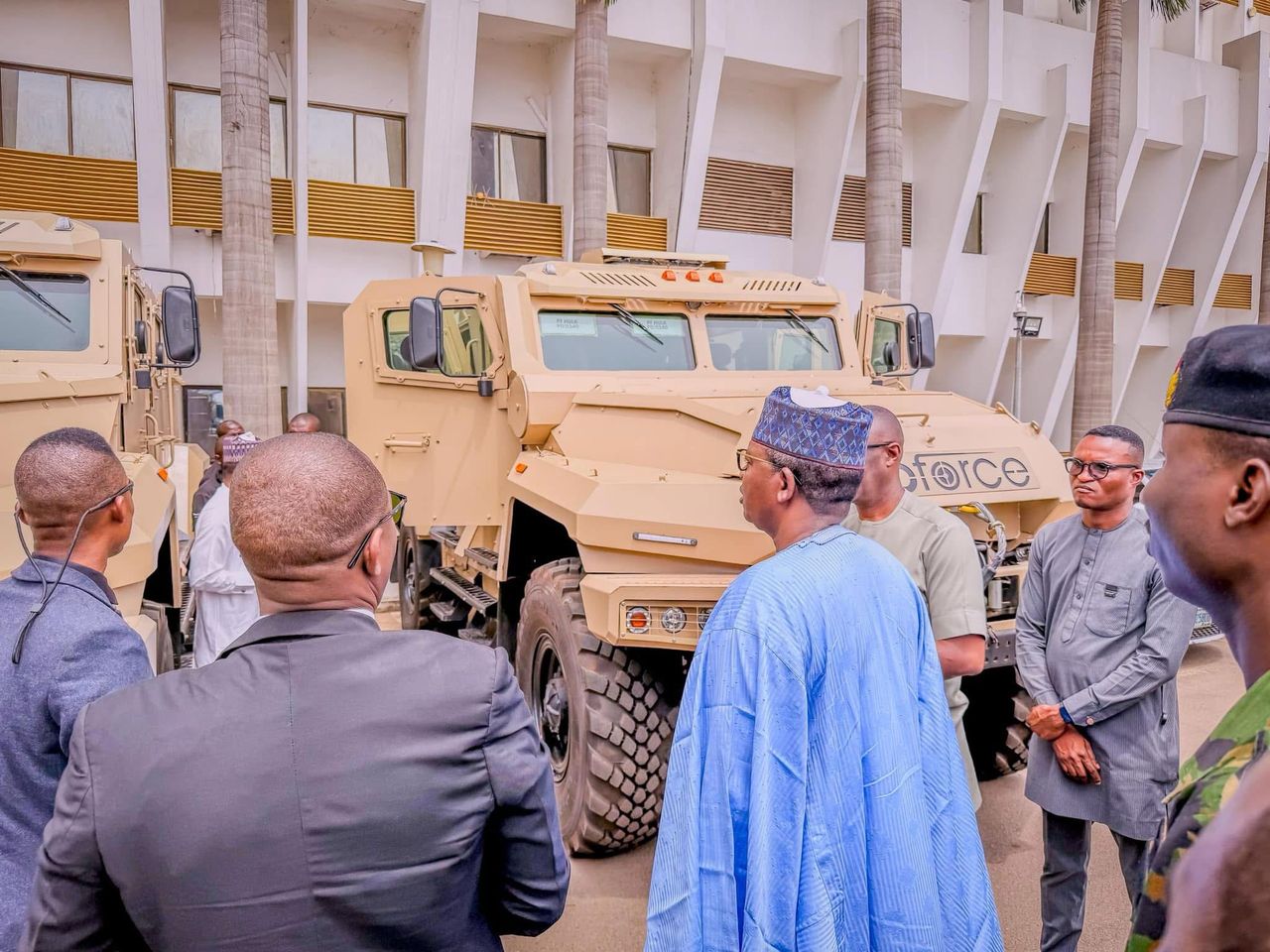
When Dr. Bello Matawalle, Nigeria’s Minister of State for Defence, took the floor at the Inaugural African Chiefs of Defence Staff Summit in Abuja, his message resonated. Summarily it said: The future of warfare is digital, fast-moving, and unpredictable. To secure that future, Africa must invest in technology.
For those who have followed Bello Matawalle as Minister of State for Defence, this is not rhetoric. Since assuming office, he has consistently championed the idea that Africa’s defence capacity cannot rely solely on imported solutions. Instead, it must be rooted in indigenous innovation and local manufacturing.
Take an example. Under his watch, Nigeria has revived efforts to strengthen the Defence Industries Corporation of Nigeria (DICON), long seen as the backbone of domestic military production. By forging a strategic partnership with the National Agency for Science and Engineering Infrastructure (NASENI), he has pushed for the fusion of defence needs with homegrown engineering and technological innovation.
This approach also speaks to a broader philosophy: that defence resilience is inseparable from economic sovereignty. A nation unable to produce or adapt its own military technologies remains dependent and vulnerable. Simple. Bello Matawalle has therefore argued for increased investment not only in cyber defence and surveillance systems but also in building Nigeria’s capacity to design and manufacture critical defence equipment. Such moves, he insists, will save foreign exchange, create skilled jobs, and position Nigeria as a regional hub for defence innovation.
The Abuja summit itself underscored the scale of the challenge for Africa. Terrorism, insurgency, piracy, and cyberattacks remain pressing threats across the continent. But Matawalle’s intervention cut through the usual security discourse. “Africa must take the lead in shaping the future of defence,” he told his audience of military chiefs, diplomats, and policymakers. His call was for greater collaboration and particularly for Africa to build the technological backbone that would make collaboration meaningful.
Nigeria’s own history lends weight to his appeal. From peacekeeping missions across West Africa to counterterrorism campaigns at home, the Armed Forces have shouldered heavy responsibilities, often at great cost. What they have lacked, too often, are the modern tools needed to match their courage. Minister of State Defence, Bello Matawalle’s agenda seeks to close that gap.
He has also framed the push for local capacity as part of President Bola Ahmed Tinubu’s “Renewed Hope” agenda, which has expanded support for the military while reinforcing Nigeria’s leadership role in regional security. His insistence on embedding defence production within Nigeria’s industrial policy reflects the administration’s wider ambition to diversify the economy through strategic sectors.
But for Matawalle, the argument is as much about unity as it is about technology. He called for the summit to become an annual fixture, with standing working groups to ensure continuity in African defence collaboration. Security, he reminded his audience, is not a solitary enterprise but a shared endeavour that demands shared tools.
In his vision, Africa’s defence future lies in marrying collaboration with capacity, and strategy with science. For Nigeria, the path forward is a stronger, more secure nation built not only by soldiers in uniform but also by engineers, innovators, and policymakers who understand that modern wars are won as much in the laboratory as on the battlefield.
– Dahiru Bashir Hassan is a security researcher and writes from the FCT

